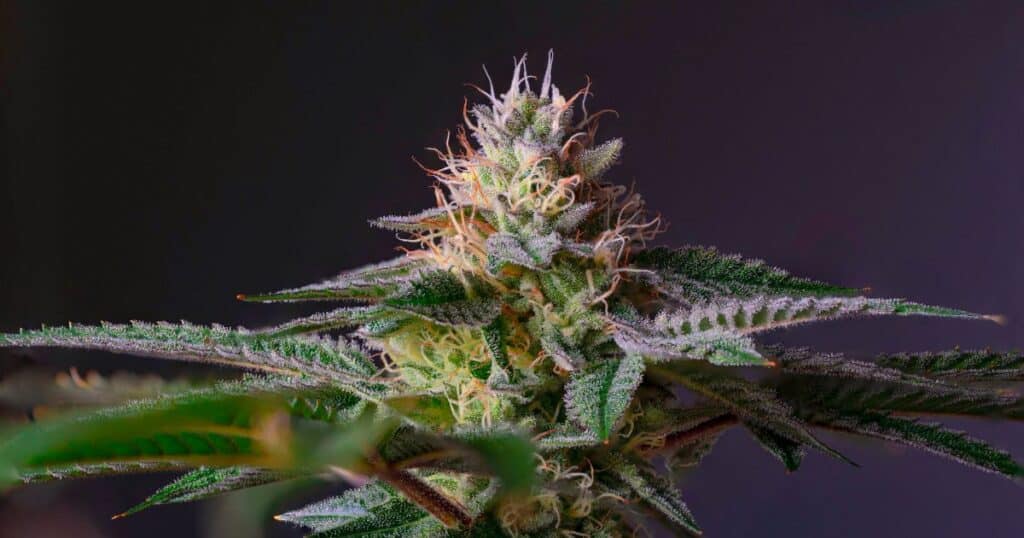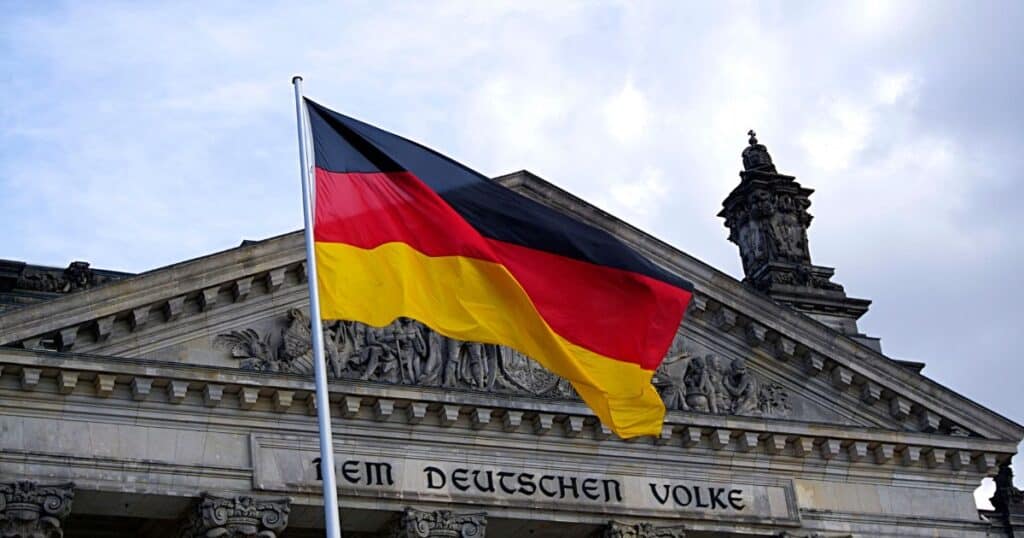Germany is quickly becoming a focal point in the global discussion about cannabis legalization. Just two months after initiating its adult-use cannabis program, the country has already made amendments to its cannabis laws. These changes address driving under the influence and cultivation restrictions, reflecting an evolving approach to cannabis regulation.
In April of this year, Germany partially legalized the recreational use of cannabis, allowing adults over 18 to possess small amounts for personal use. People celebrated this move as a significant step toward modernizing the country’s drug policies.
German lawmakers have approved a series of amendments to the cannabis legalization law, focusing on driving under the influence and cultivation rules. These changes aim to balance public safety concerns with the benefits of legalization.

Amendment to the Road Traffic Act, New THC Limit for Drivers
One of the most notable amendments is the introduction of a new THC limit for drivers. The new maximum THC blood content is 3.5 nanograms per milliliter, increasing from the previous limit of one nanogram per milliliter. This change aligns the THC limit with the maximum alcohol blood content limit in Germany, which is 20 milligrams of alcohol per 100 milliliters of blood.
The rationale behind this change is to create a restriction similar to the alcohol limit, ensuring that drivers are not impaired while maintaining personal freedom. Kirsten Kappert-Gonther, a Bundestag member, emphasized via a Twitter post that this adjustment aims to prevent criminalization.
“Today we are adopting changes to the #Cannabis law. This was agreed with the Federal Council to prevent a blockade. The THC limit in road traffic is set at 3.5ng/ml. This way we create safety and prevent #Kriminalisierung through the back door.”
Heute beschließen wir Änderungen zum #Cannabis Gesetz.
— Kirsten Kappert-Gonther (@KirstenKappert) June 6, 2024
Das war mit dem Bundesrat vereinbart, um eine Blockade zu verhindern.
Der THC-Grenzwert im Straßenverkehr wird auf 3,5ng/ml festgelegt. So schaffen wir Sicherheit und verhindern #Kriminalisierung durch die Hintertür. 1/2
Drivers found in violation of the THC limit will face penalties, including a one-month driving ban and a €500 fine for the first offense. Repeat offenders could face a €1,000 fine and a two-year driving ban.
Currently, the primary testing method involves administering a saliva test, followed by a blood test if they suspect impairment.
Amendment to the Consumer Cannabis Act, Restrictions on Cannabis Clubs
Starting July 1, Germany will allow the rollout of cannabis clubs. These nonprofit establishments can serve up to 500 members each, creating a community-centered framework for residents aged 18 and older.
The clubs can cultivate cannabis solely for the personal use of their members, providing a regulated environment for both growth and consumption. Individuals can purchase up to 25 grams of cannabis per day, with a monthly limit of 50 grams.
The monthly limit for members under 21 is 30 grams. To prevent system abuse, each person can join only one club.
Financially, the clubs will sustain themselves through a tiered membership fee system, with fees varying based on the amount of cannabis each member consumes, ensuring economic sustainability without relying on external funding.
The other crucial amendment addresses the rules for cannabis social clubs. These clubs will start selling cannabis to their members next month in July but with specific restrictions. According to DW, the adjustments will allow for regional restrictions on the size of cannabis farms and legal amounts of possession
The new law gives federal states the authority to set limits on the size of the canopy that these cannabis social clubs cultivate. This change aims to prevent large-scale operations that could undermine the spirit of community-based, controlled cultivation.
Social clubs play a central role in Germany’s cannabis legalization framework. They enable communal cultivation and distribution, contributing to health and youth protection by offering regulated access to cannabis.
Kristine Lütke highlighted via Twitter the importance of social clubs, stating that these clubs ensure legal, communal cultivation, thus supporting health and youth protection objectives.
“To curb the black market, competitive, legal and safe offers are needed. #CannabisClubs are essential for this.”
Um den Schwarzmarkt einzudämmen, braucht es konkurrenzfähige, legale und sichere Angebote. #CannabisClubs sind dafür elementar. Sie unterstützen #Gesundheits– und #Jugendschutz
— Kirsten Kappert-Gonther (@KirstenKappert) June 6, 2024
Model For European Union to Follow?
Germany’s cannabis law amendments aim for a more regulated and balanced approach to legalization. As the largest economy in Europe, Germany is setting a crucial precedent.
Consequently, neighboring countries are watching closely to see how these changes impact public health, safety, and the economy. Should Germany succeed in implementing cannabis legalization effectively, it could serve as a model for other European nations.
Furthermore, if successful, it may pave the way for broader cannabis legalization all across Europe.
















